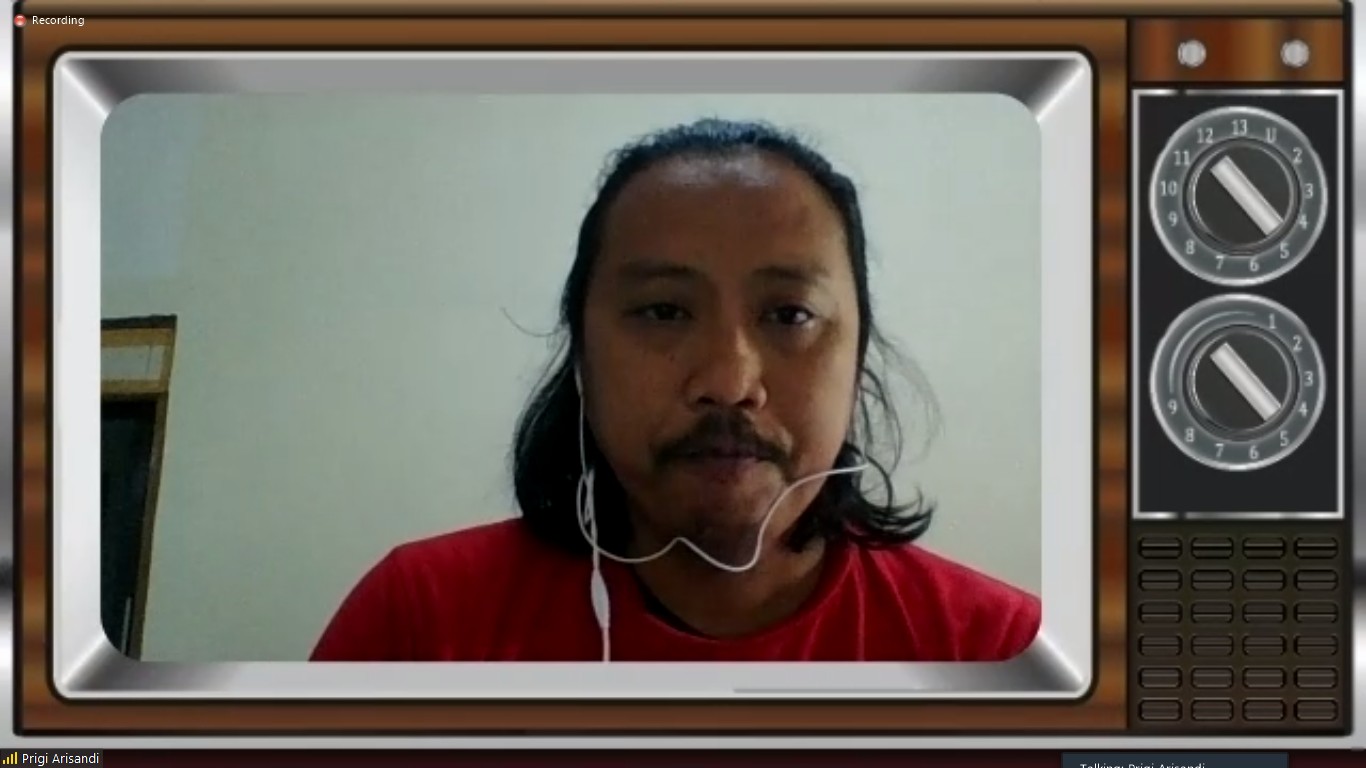UNAIR NEWS – Renowned environmental activist and Ecoton Founder Prigi Arisandi, S.Si., M.Si., attended a webinar held by Amnesty International Indonesia Environmental Rights Committee UNAIR Chapter on Sunday morning, July 4, 2021. The webinar discusses the threats of microplastics and their relation to human rights in commemoration of International Plastic Bag Free Day.
Prigi explained that microplastics are microparticles of plastic that break down. Due to the mounting plastic pollution in various rivers in Indonesia, these microplastic particles also contaminate these rivers. He explained the danger of microplastics lies in their chemical particles containing microbeads. Microplastics in water will easily bind to pollutants and heavy metals that are usually contained in river water.
Apart from river pollution of plastics, sources of microplastics can also come from tire friction dust with asphalt, artificial fibers from washed clothes, and cosmetic products.
“The microplastics are then eaten by fish, which will then also be consumed by us. Ecoton has conducted research on the feces of people in East Java, and all of the volunteer feces contained microplastics. So literally, what we throw out is back to our dining table,” explained the 2011 Goldman Environmental Award winner.
The Surabaya native environmentalist said that humans unconsciously consume up to 248 grams of microplastics per year, of which 0.7 grams are consumed per day. It is very dangerous for our bodies. Besides being able to bind harmful materials, microplastics contain additives such as titanium dioxide, which is harmful to digestion, brain quality, to the quality of sperm and egg cells.
“Moreover, microplastics are also found in bottled water; about 93% of bottled drinking water bottles are contaminated. So we are not only fooled by the marketing ploy that water is pure but we are also being fooled into paying a higher price for something toxic. The price of water may only be around 250 rupiah; we will pay the rest for the plastic packaging,” said the alumni of UNAIR Biology study program.
Corporations like Wings, Indofood, and Unilever are examples of corporations producing the most plastic waste in Indonesia. Prigi said that several litigation efforts had been taken against them. He also said that plastic waste is also obtained through the business of importing waste for the paper industry, with one hundred per cent of the waste containing microplastics.
“Efforts in the form of cleaning the river from plastic waste and diaper waste must continue. Education and outreach to the community and housewives are equally important. On mountains of plastic in Indonesia, the recycling method is not enough because it is not effective, we must reduce the level of plastic use in various ways,” said Prigi.
Prigi advised the webinar audience that a long-term and ecocentric mindset must be instilled. Plastic is a very destructive material to the environment, and the economic perspective to justify the use of plastic must be eliminated immediately. The actor of Pulau Plastik (Islands of Plastics) documentary invited the audience to immediately go on a plastic “diet” in their daily lives.
“Our reluctance in responding to this environmental crisis may not have a massive impact on all of us, but our children and grandchildren will have to reap the bitterness,” he concluded.
Author: Pradnya Wicaksana
Editor: Nuri Hermawan





